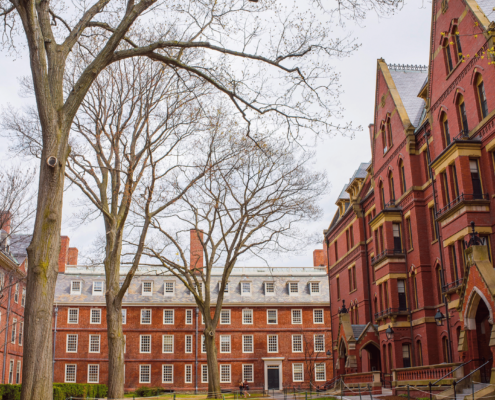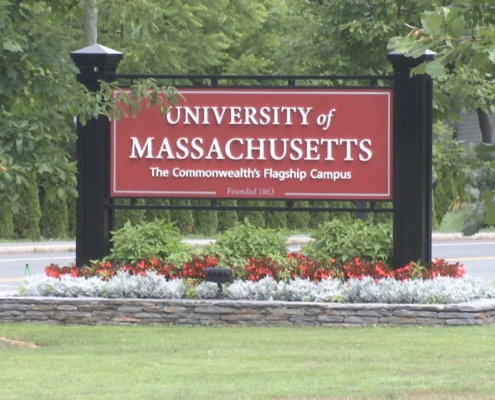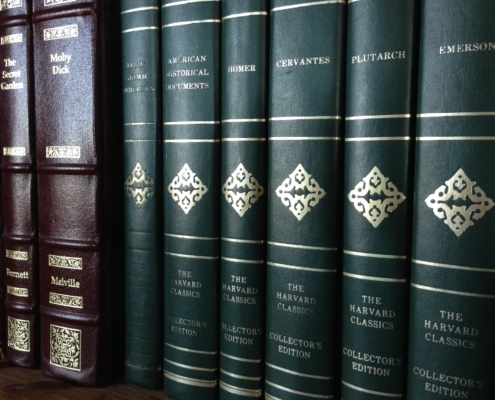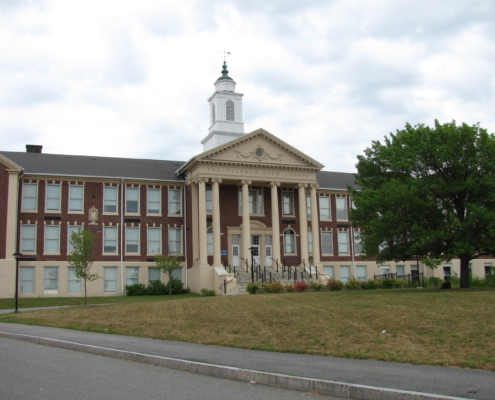Study: No Longer A City On A Hill: Massachusetts Degrades Its K–12 History Standards
The Massachusetts Board of Elementary and Secondary Education should reject a proposed rewrite of the Massachusetts History and Social Science Curriculum Framework in its entirety and immediately restore the state’s 2003 framework, considered among the strongest in the country, according to a new research paper titled, No Longer a City on a Hill: Massachusetts Degrades Its K-12 History Standards, published by Pioneer Institute.
“The 2018 revision fails to provide effective history education. It must be replaced with a framework that requires much of students but offers them, in return, a share of our common treasure,” wrote the paper’s authors, David Randall, director of research at the National Association of Scholars; Will Fitzhugh, founder of the The Concord Review, and Jane Robbins, senior fellow at the American Principles Project.
The authors argue that the draft of the new framework, released for public comment in January, “eviscerates” the 2003 framework and degrades it in five ways.
- It replaces coherent sequences of American and European history with incoherent fragments.
- It is 50 percent longer than the 2003 framework and presents the standards in “unreadable education-school jargon.”
- It replaces the earlier framework’s full account of our country’s European past and replaces much of it with “the history of politically correct protest movements.”
- It allots insufficient time for students to learn European and American history.
- It eliminates the already developed 2009 history MCAS assessment and substitutes hollow “expectations” for each grade.
“Each of the 2018 Revision’s failings is sufficient to disqualify it as an adequate standard for K–12 history instruction,” according to the authors. “It should be rejected outright.”
In 2003 the Massachusetts History and Social Science Curriculum Framework was created as part of the Massachusetts Education Reform Act. It contained grade-by-grade standards for core essential learning. While history instruction in K-12 schools has been in decline for decades, according to the authors, history education in Massachusetts has fared better until changes were made in 2009.
In 2009 the Board of Elementary and Secondary Education (BESE) suspended the history and social science framework. In 2016 the Department of Elementary and Secondary Education (DESE) introduced a rewrite of the framework, the result of what the authors called “an exercise in progressive educational propaganda and vocational training for how to be a political activist.” The rewrite was approved by BESE and posted for public comment in January 2018.
Along with rejecting the revised standards outright, the authors made several recommendations on ways that DESE could strengthen civics instruction in the state.
These include turning the 2003 framework’s United States Government elective into a required course; endorsing the Civics Education Initiative, already enacted in 15 states, which requires high school students to pass the same test that immigrants applying for U.S. citizenship must pass; and adding a civics component to the MCAS history test.
The Pioneer paper features a preface from Paul Reid, the co-author with William Manchester of Winston Churchill, The Last Lion: Defender of the Realm, 1940-1965. In 2004, Manchester requested that Reid complete the last volume of Manchester’s Churchill trilogy. The book was a New York Times bestseller and named one of the best books of 2012 by The Wall Street Journal.
About the Authors
David Randall is Director of Research at the National Association of Scholars. He received his PhD in History from Rutgers University.
Will Fitzhugh earned bachelor’s and master’s degrees from Harvard. He founded The Concord Review, which for 30 years, has published student history essays from around the globe.
Jane Robbins is a senior fellow at the American Principles Project. She earned a J.D. from Harvard Law School.
Stay Connected!
Related Posts





















